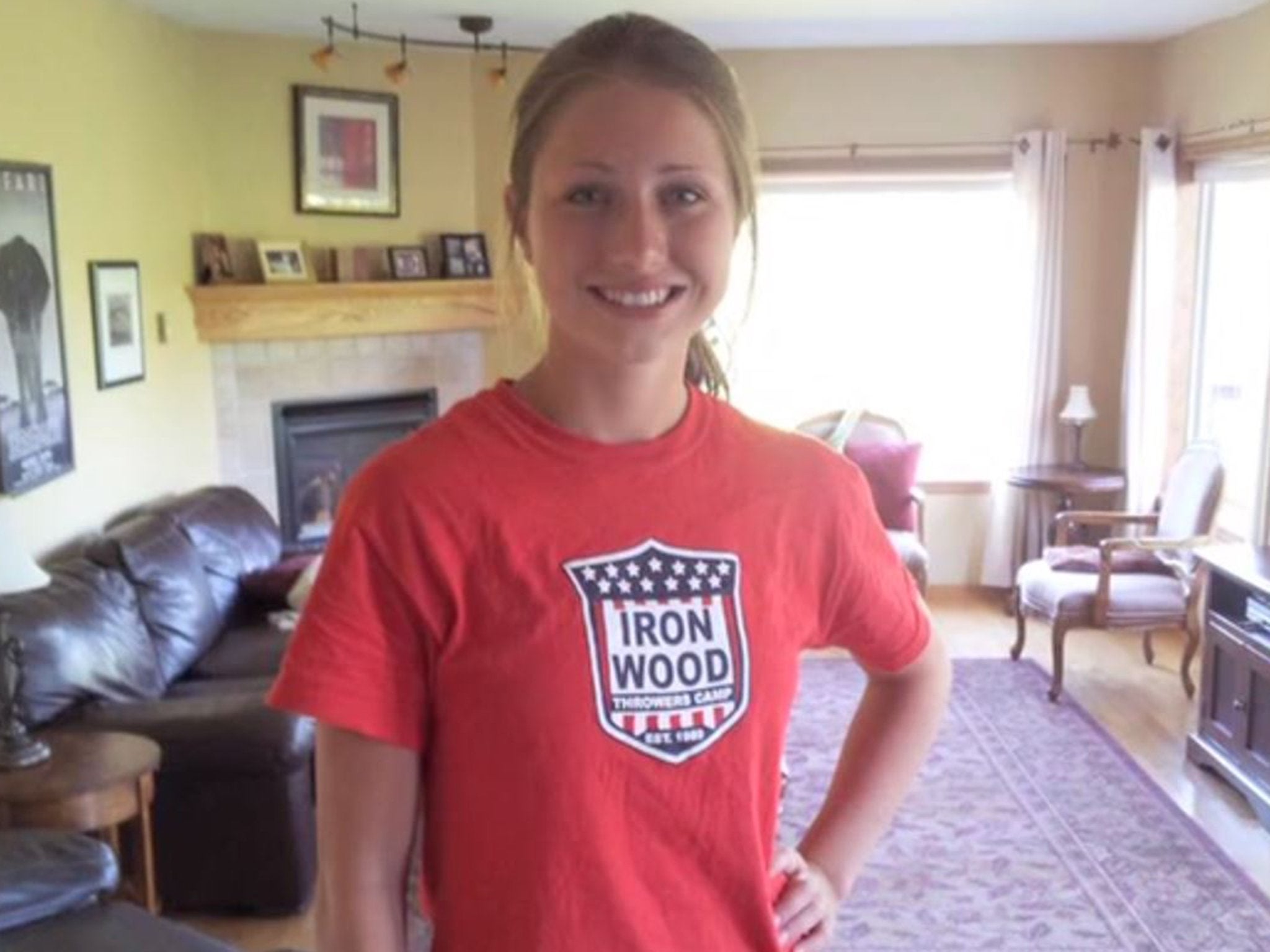Lauren McCluskey murder: Woman warned police about her ex-boyfriend six times before he killed her
‘There were numerous opportunities to protect her,’ says family

Your support helps us to tell the story
From reproductive rights to climate change to Big Tech, The Independent is on the ground when the story is developing. Whether it's investigating the financials of Elon Musk's pro-Trump PAC or producing our latest documentary, 'The A Word', which shines a light on the American women fighting for reproductive rights, we know how important it is to parse out the facts from the messaging.
At such a critical moment in US history, we need reporters on the ground. Your donation allows us to keep sending journalists to speak to both sides of the story.
The Independent is trusted by Americans across the entire political spectrum. And unlike many other quality news outlets, we choose not to lock Americans out of our reporting and analysis with paywalls. We believe quality journalism should be available to everyone, paid for by those who can afford it.
Your support makes all the difference.A track athlete warned the police about her ex-boyfriend six times in the space of just 10 days before he murdered her.
Lauren McCluskey, a 21-year-old University of Utah student, was fatally shot by 37-year-old Melvin Rowland on 22 October.
Rowland, a convicted sex offender who had spent more than a decade in prison, killed himself hours later after a police chase.
Reports by the University of Utah Department of Public Safety and the Utah Department of Public Safety, along with publicly released 911 calls, now reveal that Ms McCluskey voiced concerns to police officers six times in the 10 days before she was murdered.
Two of her friends reported their concerns over Ms McCluskey’s relationship and safety to the resident adviser at their dorm on 30 September. An official report was filed to the housing officials a day later but after a brief review, they chose “not to ‘overstep’ in assistance to Lauren unless she was seeking support”.
Ms McCluskey’s parents called campus police on 10 October – a day after their daughter broke up with Rowland after discovering he had been lying about his age and criminal background.
Rowland was supposed to return her car and they were concerned he may hurt their daughter when he did. Campus police escorted Ms McCluskey to the exchange of the car.
Ms McCluskey filed a complaint with campus police at a later date alleging Rowland had demanded money in exchange for not posting compromising pictures of the couple online. She had sent $1,000 to an account in the hope of protecting her reputation, university police chief Dale Brophy said in October.
He said police were investigating the case as sexual extortion and knew Rowland was a sex offender but not that he was on parole.
Before her murder, Rowland had been lurking on campus for days trying to confront Ms McCluskey, who had broken up with him weeks earlier, the police chief said.
He said Rowland spent the hours before the fatal shooting in Ms McCluskey’s dorm building socialising with her friends.
Ms McCluskey voiced frustration when she called Salt Lake City Police on 19 October – saying police at the University of Utah were not doing enough to stop his harassment of her after she ended their short relationship.
“I’m worried because I’ve been working with the campus police at the U, and last Saturday I reported and I haven’t gotten an update,” she told Salt Lake City Police dispatch in a 911 call.
“They haven’t updated or done anything,” she added.
On 22 October, her dad called the campus police and 911, after overhearing her get attacked while she was on the phone with her parents. However, it was too late, as Rowland had shot her in the head and killed her.
The review of the killing found University of Utah officers did not know how to look up criminal background or parole information. It also found that Rowland had been released on parole three separate times and had violated his parole and returned to prison twice.
The university said these issues were system-wide rather than being linked to any individual wrongdoing or mistakes.
“The review team’s report identified gaps in training, awareness and enforcement of certain policies rather than lapses in individual performance,” the university said.
“We respectfully disagree with the conclusion that Lauren’s murder could not have been prevented,” Ms McCluskey’s parents wrote in a rebuttal to the review.
“There were numerous opportunities to protect her during the almost two weeks between the time when our daughter began expressing repeated, elevating and persistent concerns about her situation and the time of her murder.”
More than 1,000 women are murdered by intimate partners every year in the US. Roughly 75 per cent of women who are murdered by their abusive partner are killed when they try to end the relationship.
Join our commenting forum
Join thought-provoking conversations, follow other Independent readers and see their replies
Comments